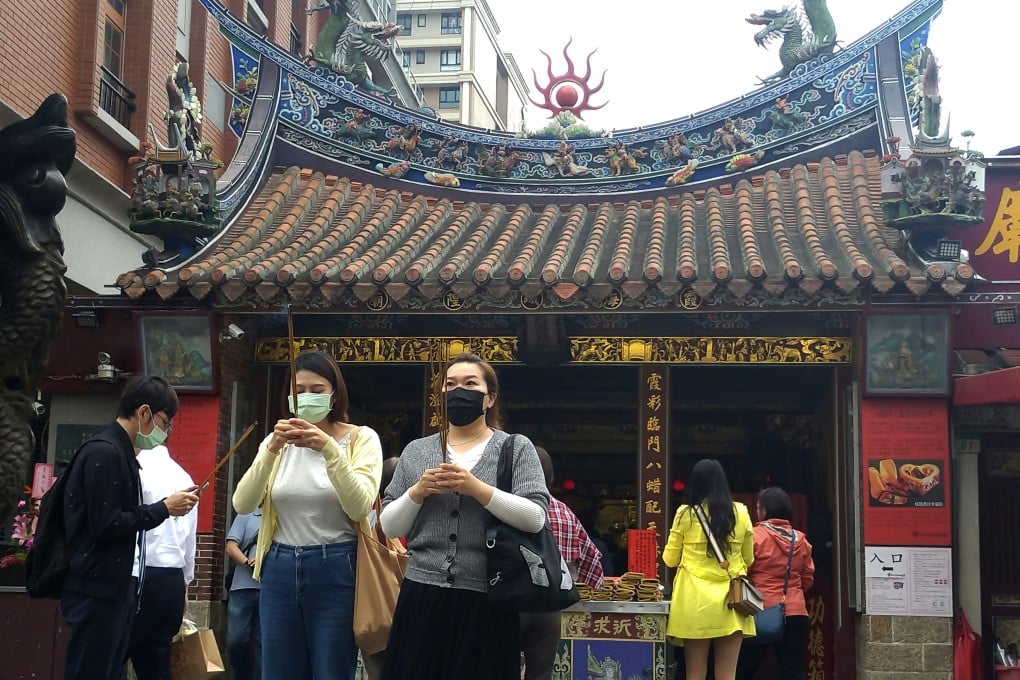Advertisement
Have US-China rivalry and coronavirus tipped the balance of power in Asia?
- Asian economies’ Covid-19 response set the region up to ‘lead the restart of the global economic engine’, says the Asia Group’s Asia Power Trends report
- Beijing’s assertiveness has led to increased regional defence spending, with a broad economic decoupling between the US and China increasingly likely
Reading Time:3 minutes
Why you can trust SCMP

The deepening US-China rivalry, Asia’s superior handling of the Covid-19 pandemic, economic interventionism, and growing insecurity are among the most powerful trends shaping politics and business across the region this year, a new report says.
Advertisement
South Korea, Vietnam and Taiwan set the global standard in pandemic measures such as testing and contract tracing, minimising the economic fallout in Asia and setting the region up to “lead the restart of the global economic engine”, according to the latest Asia Power Trends report by Asia Group. Vietnam and Taiwan are both expected to avoid recession this year, while South Korea is on course for a much smaller economic contraction than most of its developed peers.
“The crisis has not shielded Asian economies from the economic downturn, but successful containment and unprecedented amounts of fiscal and monetary stimulus have left the region, for the most part, better off than the rest of the world and poised to lead the restart of the global economic engine,” the Washington-based strategic advisory firm said in the report. “Looking ahead to 2021, major economies such as China, India, and Indonesia are all expected to grow at a faster pace than Europe and North America.”
Major economies such as China, India, and Indonesia are all expected to grow at a faster pace than Europe and North America
Asia Group partner Kurt Tong said Asia’s relatively successful pandemic response added “further momentum to the ongoing shift of economic and political power to Asia”.
The widening rift between the United States and China, however, poses a “significant risk to the Asian business landscape”, according to the advisory group, with a broad economic decoupling between the superpowers appearing increasingly likely.
“As Washington ramps up pressure on a more assertive China, the arena of competition between Beijing and Washington is expanding, unleashing a new set of policy disruptions across sectors including the digital economy, electronics manufacturing, high-technology production, pharmaceuticals, and financial services,” the report said.
Advertisement
Trade in the region had become more “complex and contested”, it said, with deteriorating US-China relations leading some countries to seek a consensus on free trade and forge new partnerships. Asia Group noted that negotiators appeared close to a deal on the Regional Comprehensive Economic Partnership – a free-trade agreement comprising China, Japan, the Association of Southeast Asian Nations, South Korea, Australia and New Zealand – which, if implemented, will cover almost one-third of the global economy.

Advertisement